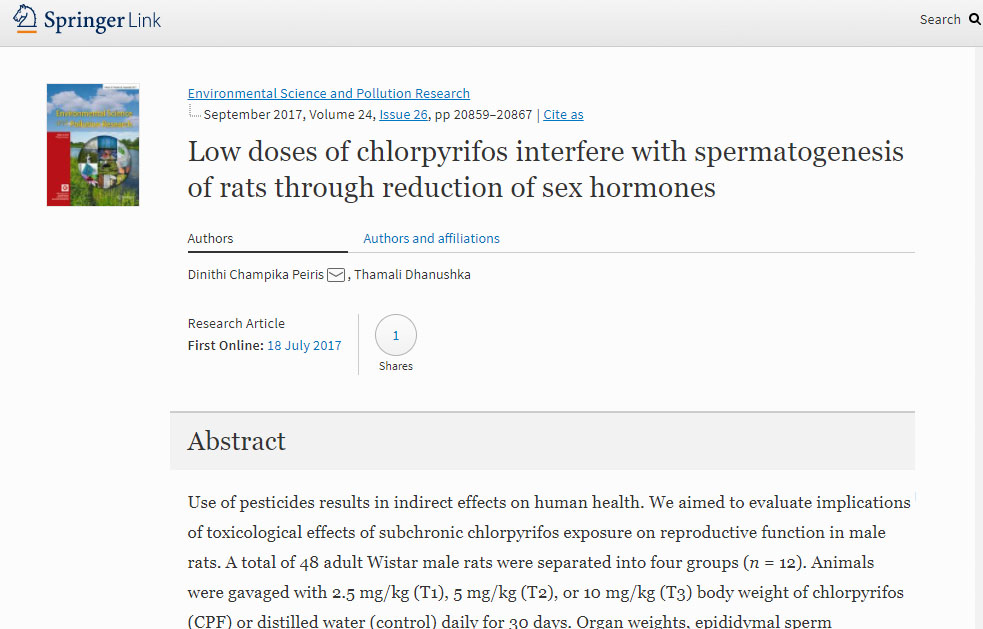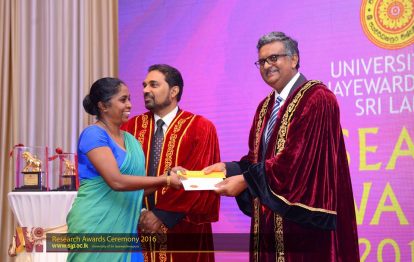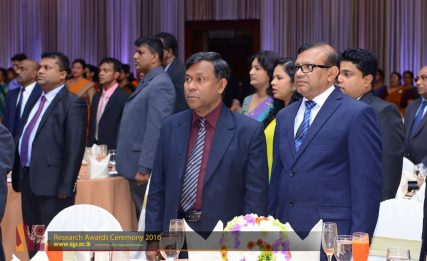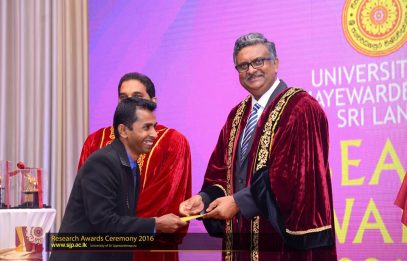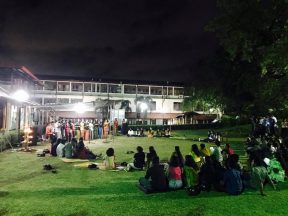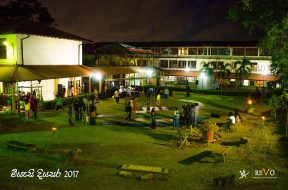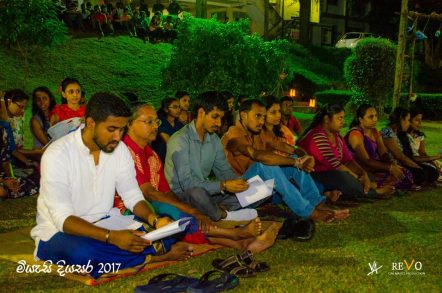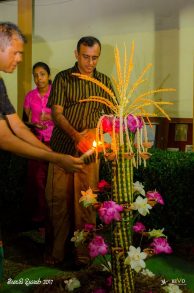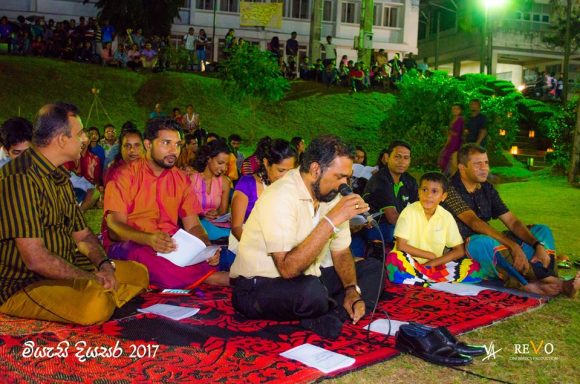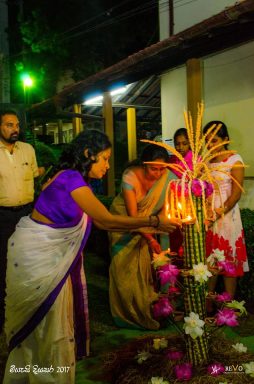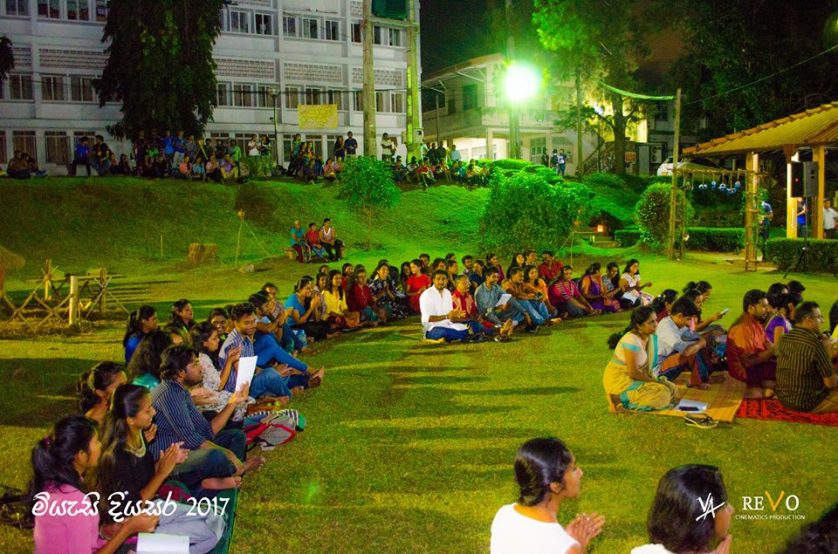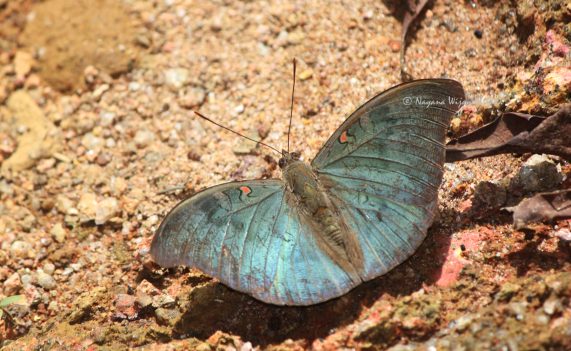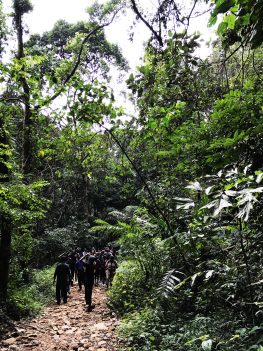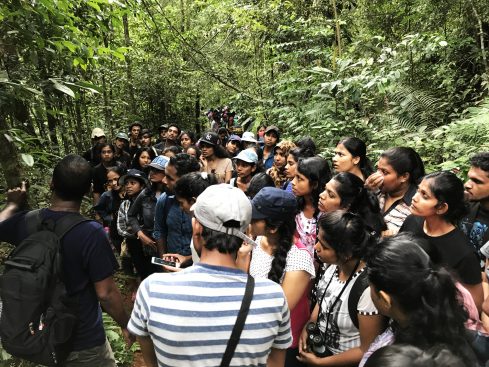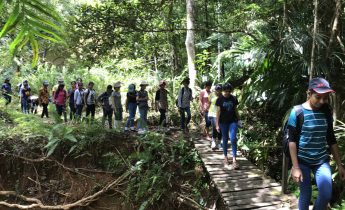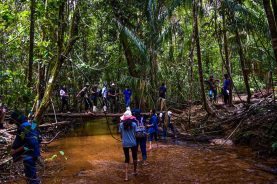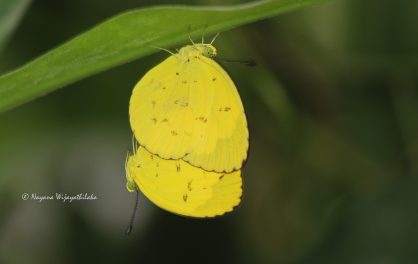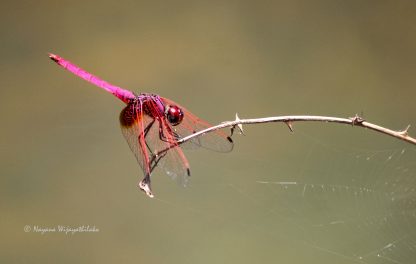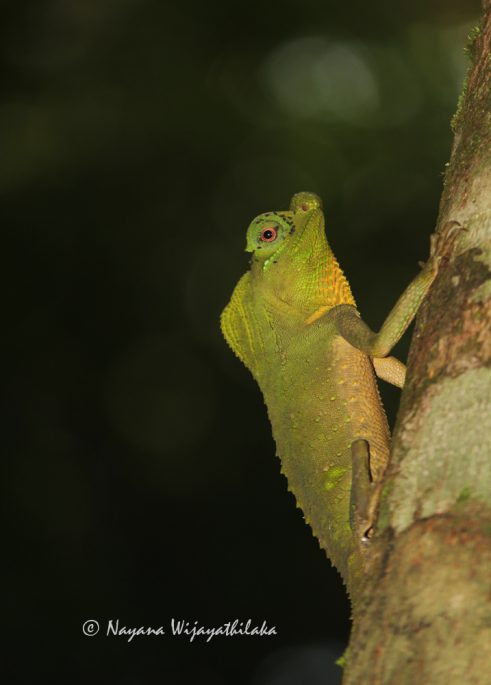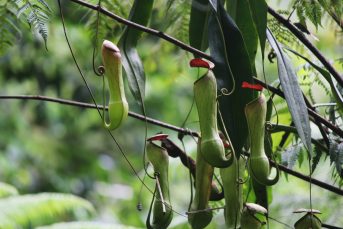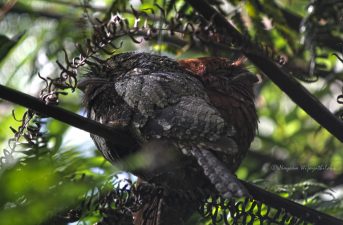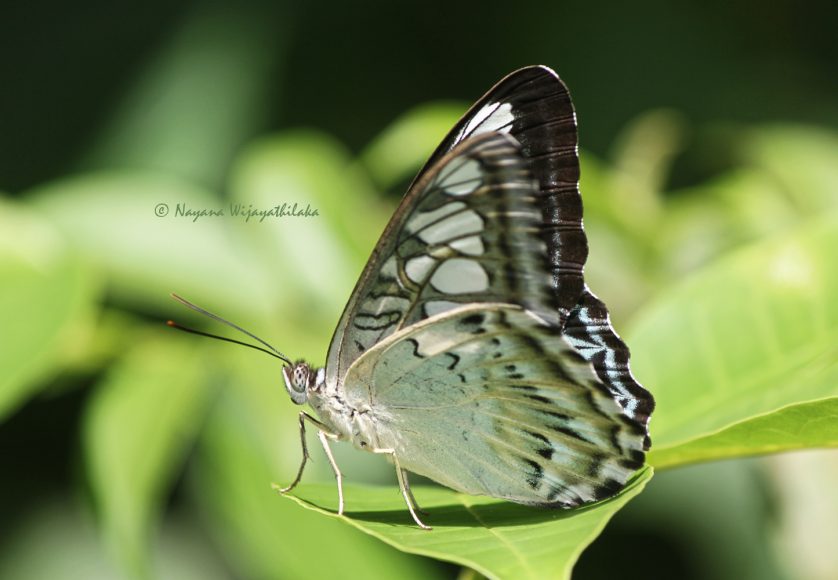Authors: Prof. Dinithi Champika Peiris, Thamali Dhanushka
Journal: Environmental Science and Pollution Research
Use of pesticides results in indirect effects on human health. We aimed to evaluate implications of toxicological effects of subchronic chlorpyrifos exposure on reproductive function in male rats. A total of 48 adult Wistar male rats were separated into four groups (n = 12). Animals were gavaged with 2.5 mg/kg (T1), 5 mg/kg (T2), or 10 mg/kg (T3) body weight of chlorpyrifos (CPF) or distilled water (control) daily for 30 days. Organ weights, epididymal sperm parameters, DNA integrity, sex hormonal (FHS and LH) levels, and alanine aminotransferase (ALT), aspartate aminotransferase (AST), gamma-glutamyl transferase (GGT), and creatinine concentrations were determined on day 31. Another two sets of (four groups/set; n = 10) animals were orally treated with the same doses of CPF, control animal groups were treated with distilled water only for 30 days, and fertility indices and blood plasma acetylcholine esterase (AchE) were determined on day 31. Exposure to CPF resulted in a significant (p < 0.05) decrease in weights of testis and epididymis. An increase in liver weight resulted in reduced sperm counts and sperm motility and an increase in sperm abnormalities. Significant reduction in serum testosterone (p < 0.01), luteinizing hormone (p < 0.05), and follicular stimulating hormone (p < 0.05) levels was evident in animals treated with the highest dose. A significant decrease in the number of viable implantation sites and pups was observed in female rats mated with the T3 (p < 0.01) and T2 (p < 0.05) males. The ALT, AST, GGT, and creatinine contents were significantly increased (p < 0.05 and p < 0.01, respectively) on CPF exposure. A significant (p < 0.01) reduction in blood plasma AchE enzyme was observed with the highest dose. Our results demonstrated that prolonged exposure of CPF induces spermatogenesis damage, possibly through interference with sex hormones and AchE enzyme resulting in reduction of fertility. Therefore, awareness programs on handling CPF (pesticides) to enhance safety warrant minimization of its hazards.
